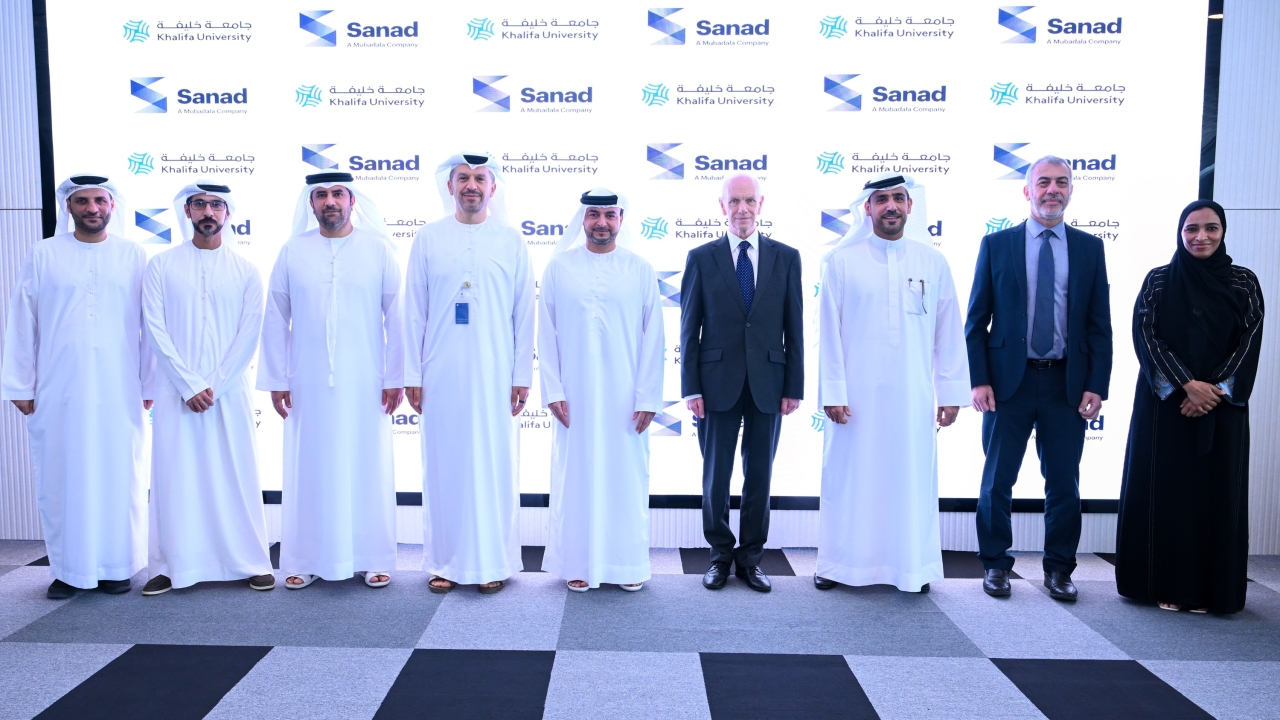Etihad Aviation Training and Khalifa University explore project for next-gen pilots

Captain Fabrizio Interlandi, NEXTGEN project manager for Etihad Aviation Training, said: “The pilots of tomorrow are millennials, and increasingly post-millennials. They have grown up with apps, tablet devices, electronic games and virtual reality. Research already shows that they process information differently to previous generations and they have a different attitude to learning. The purpose of this study is to identify new ways to train young pilots, using technology with which they can easily engage, rather than textbooks and traditional classroom learning.”
The study will be conducted by Khalifa University’s College of Engineering (Aerospace Engineering, Industrial and Systems Engineering) and Emirates College for Advanced Education (ECAE) and its Cognitive-Neuro Imaging Unit, both based in Abu Dhabi. Etihad Aviation Training will provide trainees and instructors to participate in the study, access to data, and use of sophisticated full-motion flight training simulators.
The co-principal investigators, Dr. Nelson King, Associate Professor, Industrial and Systems Engineering, Khalifa University, and Dr. Claudine Habak, (ECAE), said current training programs for airline pilots often do not take into consideration the experience gaps between highly experienced pilots and cadets with minimal flying hours.
Dr King said: “Everyone is equal in a conventional training program. Our study will take into account the generational and brain development differences between younger and older pilots and compare the ways in which they learn. We want to identify the most effective ways not only to educate new pilots, but also to ensure that they retain vital information.”
Dr Habak said: “Our objective is to create an innovative training experience which matches the abilities and confidence of upcoming generations. That may include apps. It may include virtual reality. And it may include gamification and micro-learning techniques. We are about to find out.”
Stay up to date
Subscribe to the free Times Aerospace newsletter and receive the latest content every week. We'll never share your email address.

